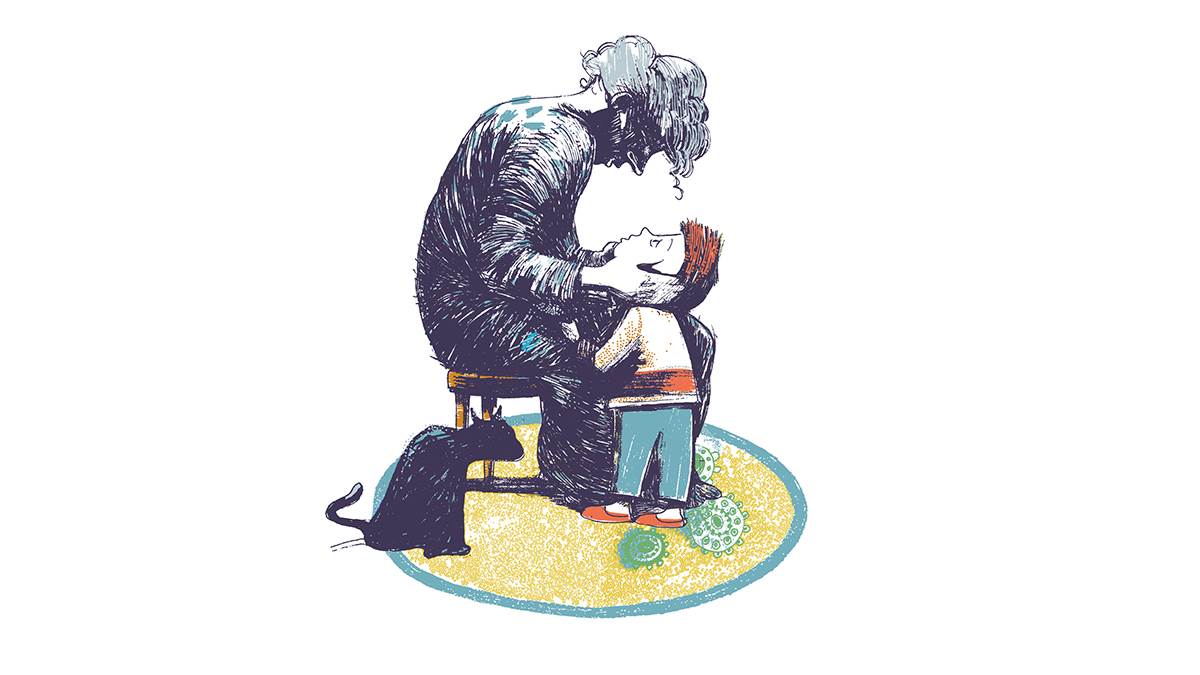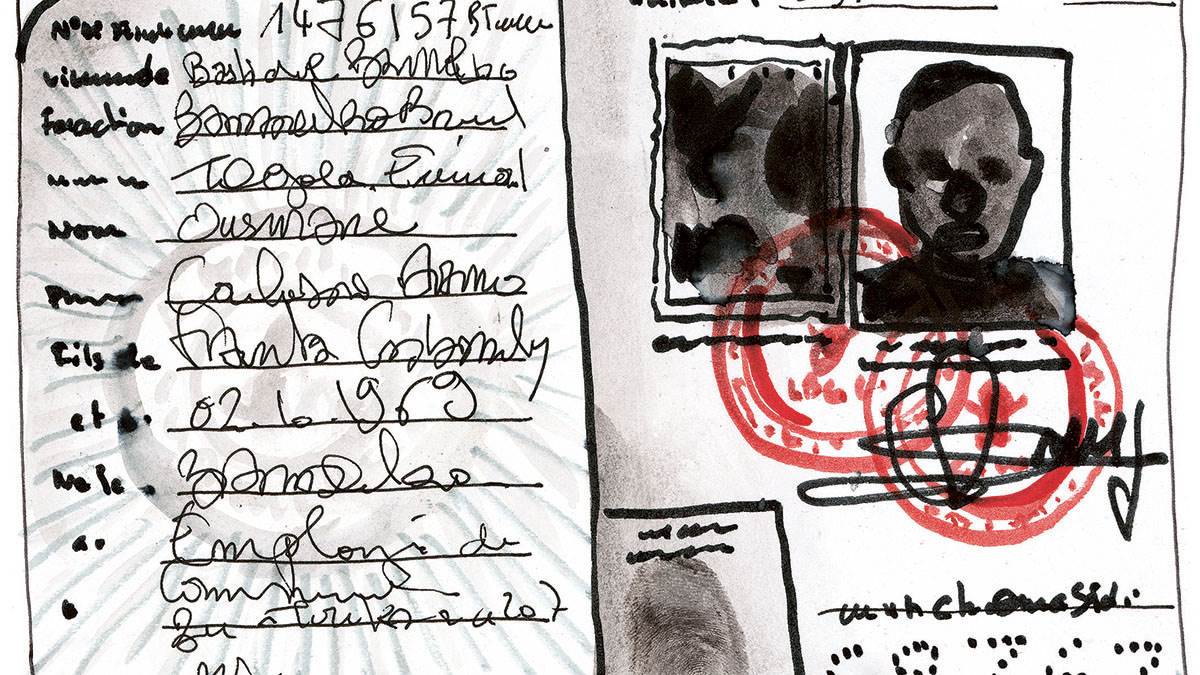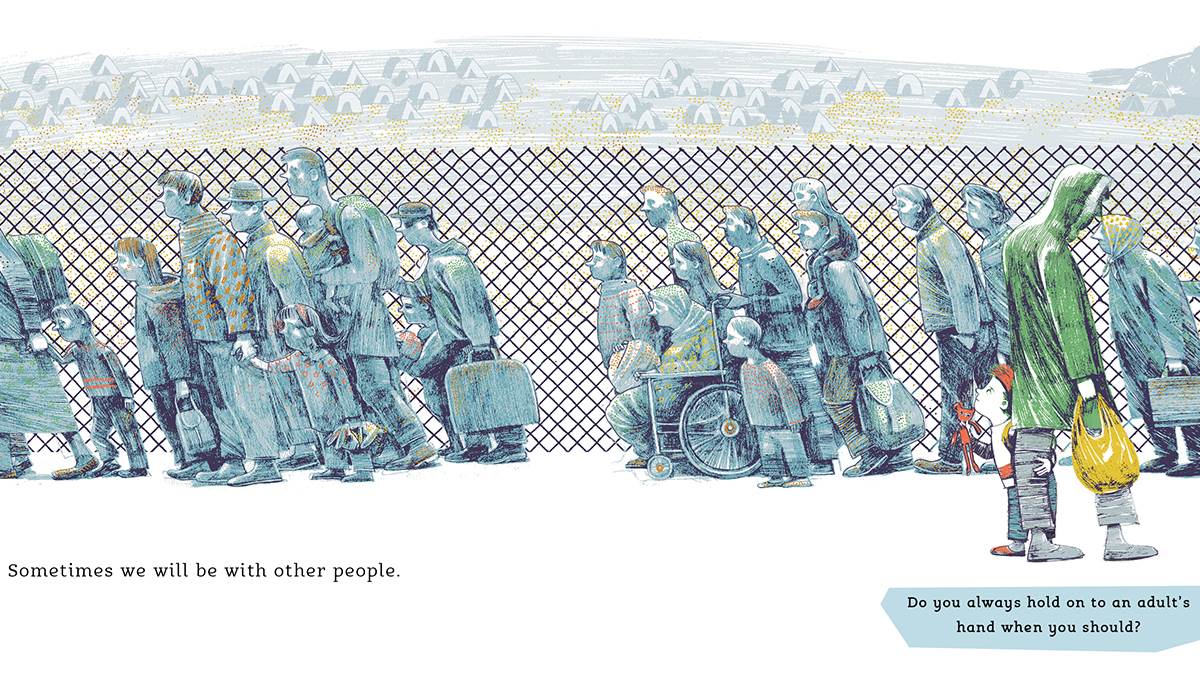'A voice to the voiceless': Why children need books in troubled times
Published on: 22 Mehefin 2017 Author: Barrington Stoke
In Refugee Week, publishers Barrington Stoke explain why they are committed to publishing stories that "give a voice to the voiceless, to the misrepresented and the betrayed".

We are very proud at Barrington Stoke of our accessible, challenging, bold and brilliant fiction. We want it to broaden our readers' perspectives as well as reflecting the reality of the world in ways that are timely, truthful and relevant.
Recently we have published two different - but equally remarkable - books that bowled us over from the start. In both cases, we were determined to maximise the power of the storytelling, in words and pictures. And the message of empathy, of understanding, of shared humanity and tolerance was so important.
We believe books for children and young people have a vital role to play in these troubled and conflicted times - they show how to question negative, inhumane or hostile views of 'others'. The act of reading fiction can develop compassion and empathy; it really does allow you to put yourself in the shoes of another.
Alpha: An unforgettable graphic novel
In the case of Alpha, the reader takes a harrowing, treacherous journey with Alpha Coulibaly as he leaves Cote d'Ivoire in search of his wife and son, who left for Paris months earlier. With a visa and a plane ticket, the trip would take a few hours; without these indicators of privilege, Alpha's journey is frustrating and never-ending.

He crosses Africa in old Ladas, VW buses and on foot. He is exploited and endangered, at the mercy of people traffickers, border guards and every type of racketeer. But Alpha encounters friends too - not least Antoine, whose ambitions will break your heart; he's wearing his football boots in readiness for the trial at FC Barcelona that will make his fortune.
Alpha is an unforgettable graphic novel that gives a 'human face to the crisis'. Alpha is one of millions on the move, but author and illustrator Bessora and Barroux show him as a complex, troubled individual doing what he must.
Choice is a luxury, priced beyond those for whom there is no guarantee of survival. Barroux's bold artwork and the text's candid tone unite to offer a devastating insight into the lives of refugees.
My Name Is Not Refugee: Quiet and matter of fact
One of Alpha's most traumatic moments comes when a girl presses her little brother into the care of Alpha - a total stranger. Alpha comforts the boy with false promises - he'll soon be reunited with his mother. And the plight of such children is also explored by Kate Milner in My Name Is Not Refugee.
Kate talks passionately of how her story arose from wanting to offer children in Europe a "sober and equitable view" of the lives of refugee children. Quiet and matter of fact - and starkly, beautifully hopeful - My Name Is Not Refugee is clear enough for the youngest of readers.

Kate's asking of direct questions - "What would you take?" - is as powerful a prompt to understanding as any I have read. Her protagonist's experiences are real and recognisable - as the photos we have seen of readers thoughtfully packing the bags they might take on a journey to safety testify. And the book ends on a note of playfulness, of a sense of sanctuary and community - fulfilling Kate's aim of showing children, wherever they might be from or travelling to, as just that... children.
A voice to the voiceless
Both Alpha and My Name Is Not Refugee give a voice to the voiceless, to the misrepresented and the betrayed. They shine with the strength of the human spirit and reveal the role of authors, illustrators and publishers as "quietly political"; as promoters of empathy, tolerance and humanity.
As an editor, I love them for how there's not a superfluous word in the text or stray image in the artwork - a sure sign of how intensely felt these stories are for their creators, and for those who read them too.





